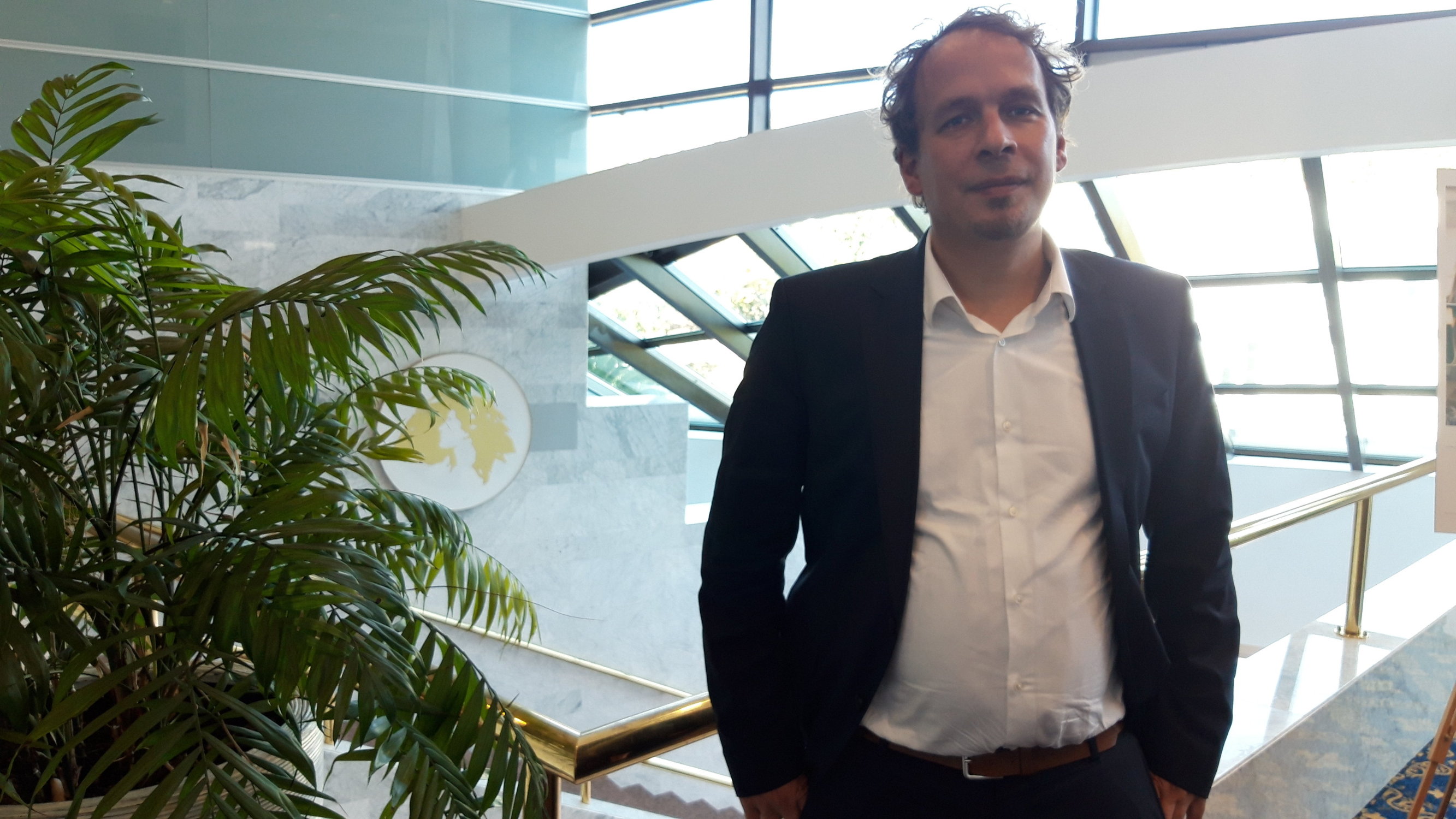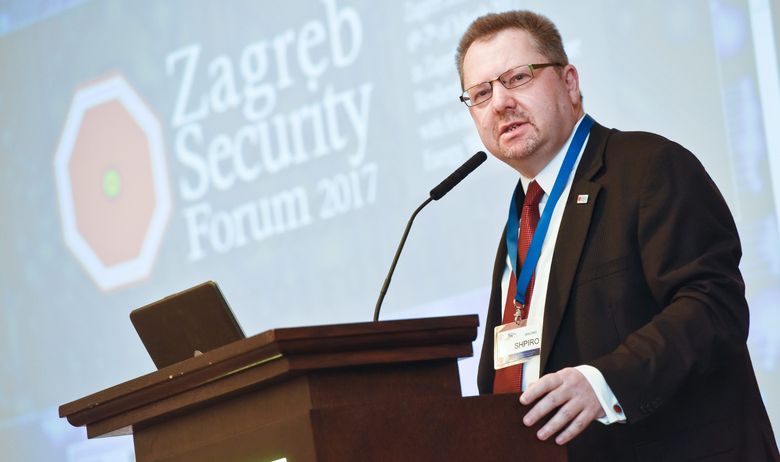
How would You define Homeland security? What are the common denominators for all countries?
Homeland Security are the policies and activities of the state for protecting the security of its citizens against threats which are often political in their nature. Traditionally, the police are responsible for preventing ordinary crime. Homeland security is a wider circle than just crime – it covers terrorism, political violence, threats or attacks against critical infrastructure or against the political and social institutions of a country.
What are the new threats to Homeland security? In Israel but in other Western countries as well.
Modern societies become more vulnerable to attacks which can impact the lives of large numbers of people. In the past, terrorists could attack a group of people, or a facility such as an airport, a train or a city center, but the impact of such an attack was geographically contained. Even in New York on 9/11 2001, when thousands of people were murdered in terror attacks on the Twin Towers in Manhattan, other parts of the city and of the USA were functioning regularly. Today, attacks against critical infrastructure of every country or region could affect the lives of hundreds of thousands of people in a much wider geographical area. The biggest threats to homeland security are the threats to national critical infrastructures. Our everyday lives are dependent on a small number of critical systems to supply our water, electricity, transport management, the food chain, the health system, all of these are networked systems which, if they fail, could impact the lives of thousands.
How new technologies help in providing security? But, to what extent are technologies undermining security?
New technologies are very important in providing some solutions to homeland security threats, but we should not forget the human element in security. Computers and machines are designed by people. What one person can do, another person can undo. Terrorists have proved in the past to be very flexible and innovative in their plans and attacks. We need good and reliable technology, but also people well trained to make effective use of this technology during a crisis, and be flexible enough to act even if technology fails. Crisis planning and realistic training, based on relevant threat scenarios, are a key way to prepare for a crisis.
What is the role of intelligence in Homeland security?
Intelligence plays a key role in Homeland Security. The main role of intelligence is to prevent surprises. If we know a crisis is coming we can prepare and manage it much better. Intelligence has in this regard two sides: the first is collecting information, and the second is analyzing and understanding the information which was collected. Intelligence collection is very complex in using both human and technological agents. Much information is collected today by monitoring communications – emails, cellphones, internet – every type of communication can be monitored. But the is also still a role for traditional human intelligence sources – spies, agents, informers – who are close to the sources of homeland security threats. However, collecting information is not enough. Indeed, today intelligence analysts have so much information, the real challenge is to make sense of that information – understanding one tree in a large forest.
What kind of new terrorism threats can we expect? Are Western societies ready for that challenge?
Many western societies are not yet ready to face new terrorist threats in the field of national critical infrastructures. Much work is done on the NATO and EU levels in helping member states prepare their own defences, but still some countries say ‘it cannot happen here to us’.
How can we enhance societal resilience?
Societal resilience is made of three components – official preparations for crisis management, crisis communication, and societal experience. Official plans and preparations can constantly be improved by adapting them to realistic threat scenarios and by constant training. But even the best crisis management file is of no help when it is lying on a shelf – it must be trained in simulations by the people who will have to do the real work during a crisis. Crisis communication is also critically important. Many authorities have detailed crisis management plans but no crisis communication plans. During a crisis, the citizens sit at home or at work and wait for information and instructions from the authorities. They expect to be told what to do. Should I stay at home? Should I evacuate my home? Is it safe outside? Where and when should I go? What about my family and children? One of the greatest threats to society during a crisis is panic. Panic causes people to make wrong decisions. By providing reliable and timely information, authorities can decrease panic during a crisis and save many lives.
In addition to that, societal experience is also an element in resilience. For example, societies which endured wars or other types of armed conflicts have a higher level of societal resilience that those who have not experienced such deprivations. In wartime, people concentrate on survival. Both individual people and official structures develop means of flexibility. If something doesn’t work, they will not stay at home and wait, they find another way to get it done. This flexibility is critical for societal resilience. During a homeland security crisis, regular solutions may not be the best, and quick, flexible decision making may be needed on all levels.






Komentari
0